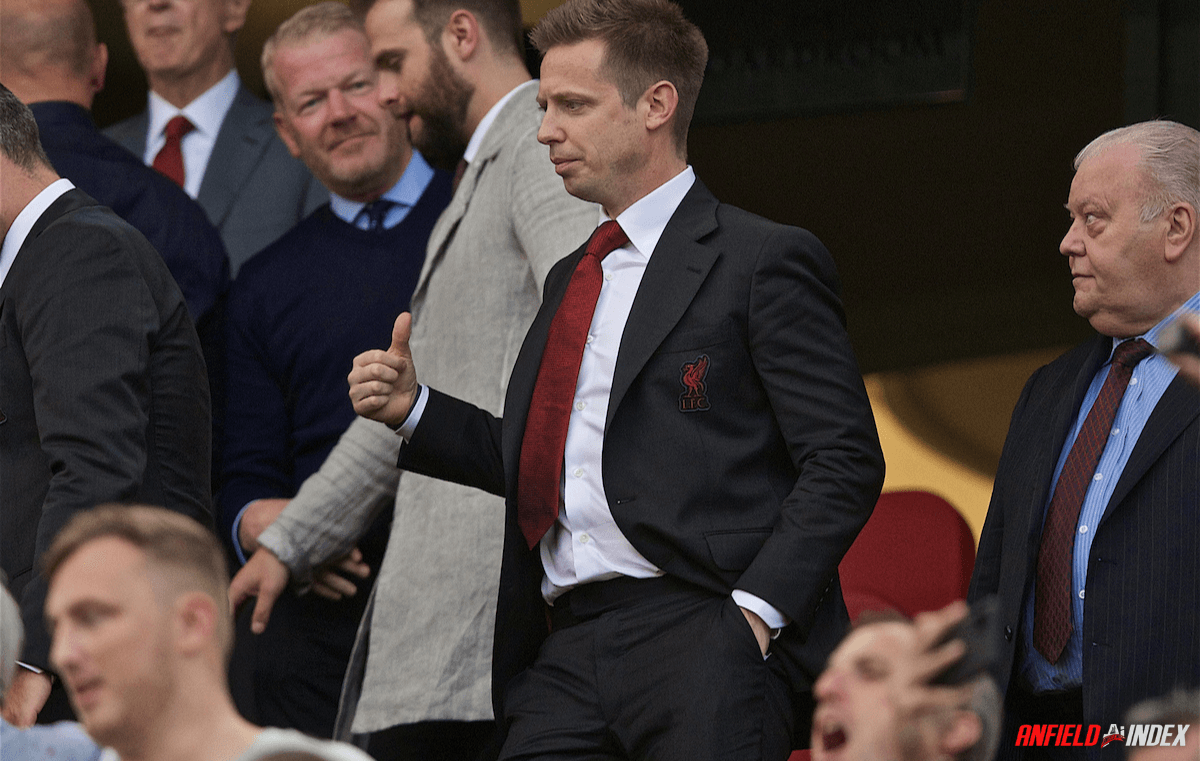Exploring Liverpool’s New Horizon: The Multi-Club Model
In an electrifying turn of events this week, the Fenway Sports Group (FSG) heralded a new chapter for Liverpool Football Club, with Michael Edwards stepping in as the chief executive of football. Liverpool is on the cusp of a significant transformation, one that sees them veering towards a multi-club ownership model, a strategic move designed to keep the Reds at the zenith of football, both domestically and on the international stage.
The Strategic Pivot to Multi-Club Ownership
At the heart of Liverpool’s new strategy is the ambition to remain formidable contenders in the fiercely competitive realm of the Premier League and beyond. This shift heralds a departure from Liverpool’s traditional solo flight, positioning them alongside their rivals who have long embraced the multi-club model. “Global football has changed immensely over the past several years, becoming increasingly sophisticated and creating myriad challenges,” Mike Gordon, a key figure at FSG, communicated in an insightful email to staff as reported by The Athletic, underscoring the necessity for Liverpool to explore every conceivable avenue to maintain a competitive edge.
Why the Move Now?
The rationale behind this pivot is clear: to stay ahead in a rapidly evolving football landscape. The multi-club ownership model is not new; many top-flight clubs have ventured into partnerships across Europe and beyond, reaping the benefits of such affiliations. Liverpool’s decision to join this trend, spearheaded by Michael Edwards, marks a proactive approach to fortify their position and sustain their competitive drive.
What Does This Mean for Liverpool?
For Liverpool, the benefits are manifold. This model opens up new pathways for talent development, allowing young players to hone their skills within a network of clubs adhering to a unified playing philosophy. It’s a strategic move that enhances player recruitment and development, offering a competitive edge in the global market. The model also provides an answer to the challenges posed by Brexit, facilitating easier movement and work permit acquisition for overseas players by leveraging European partner clubs.
Potential Challenges on the Horizon
However, the journey is not devoid of potential pitfalls. The multi-club model has its detractors and has faced criticism and protests from fans of other clubs concerned about the impact on the identity and independence of their beloved teams. Liverpool will need to navigate these challenges carefully, ensuring that the benefits of such a model are realized without undermining the club’s heritage or alienating its passionate fan base.



